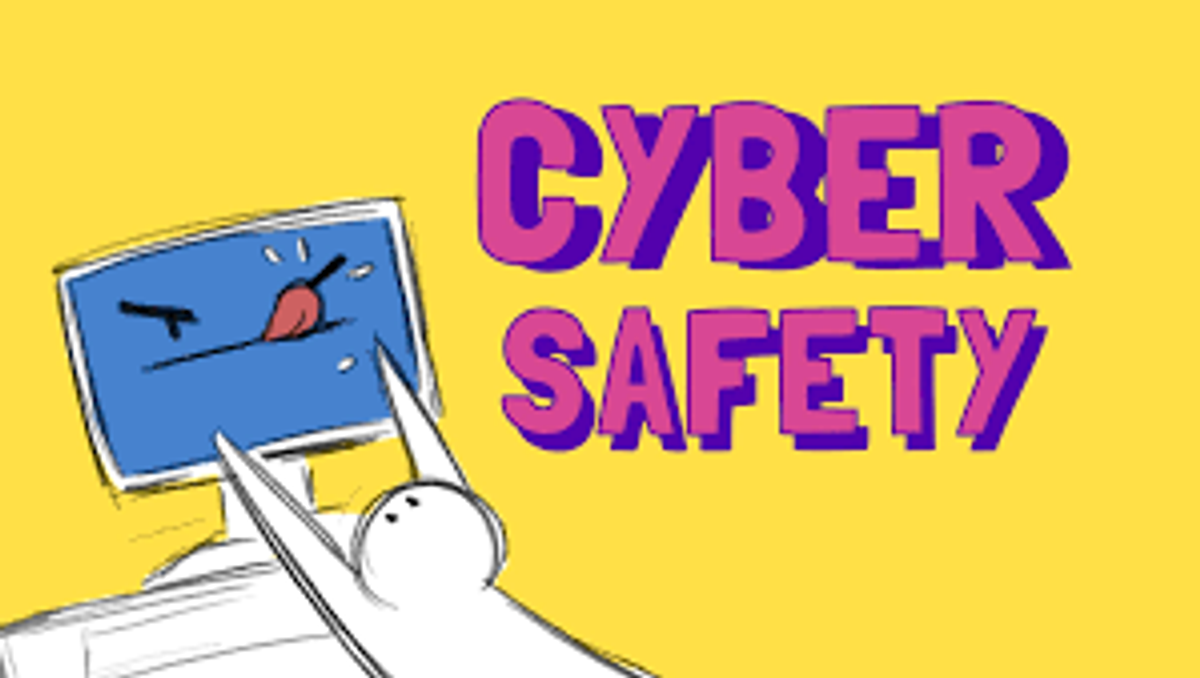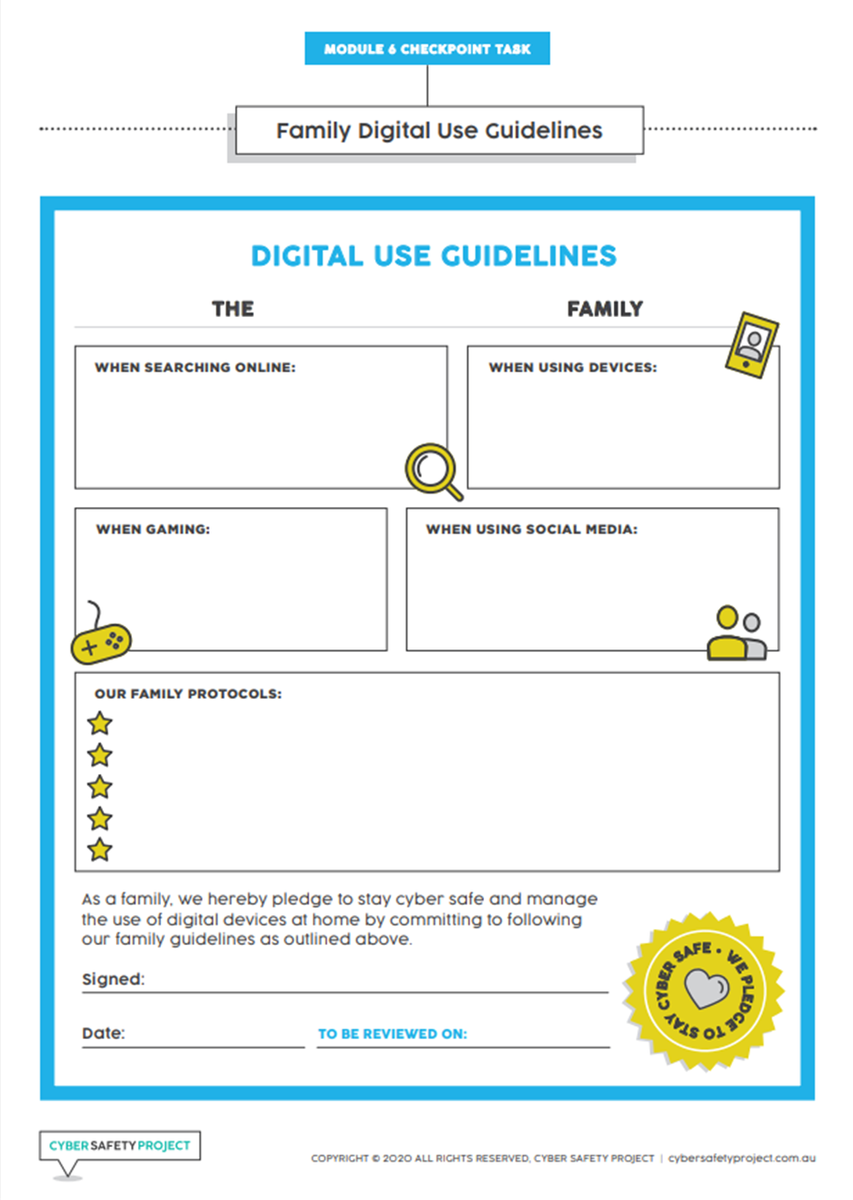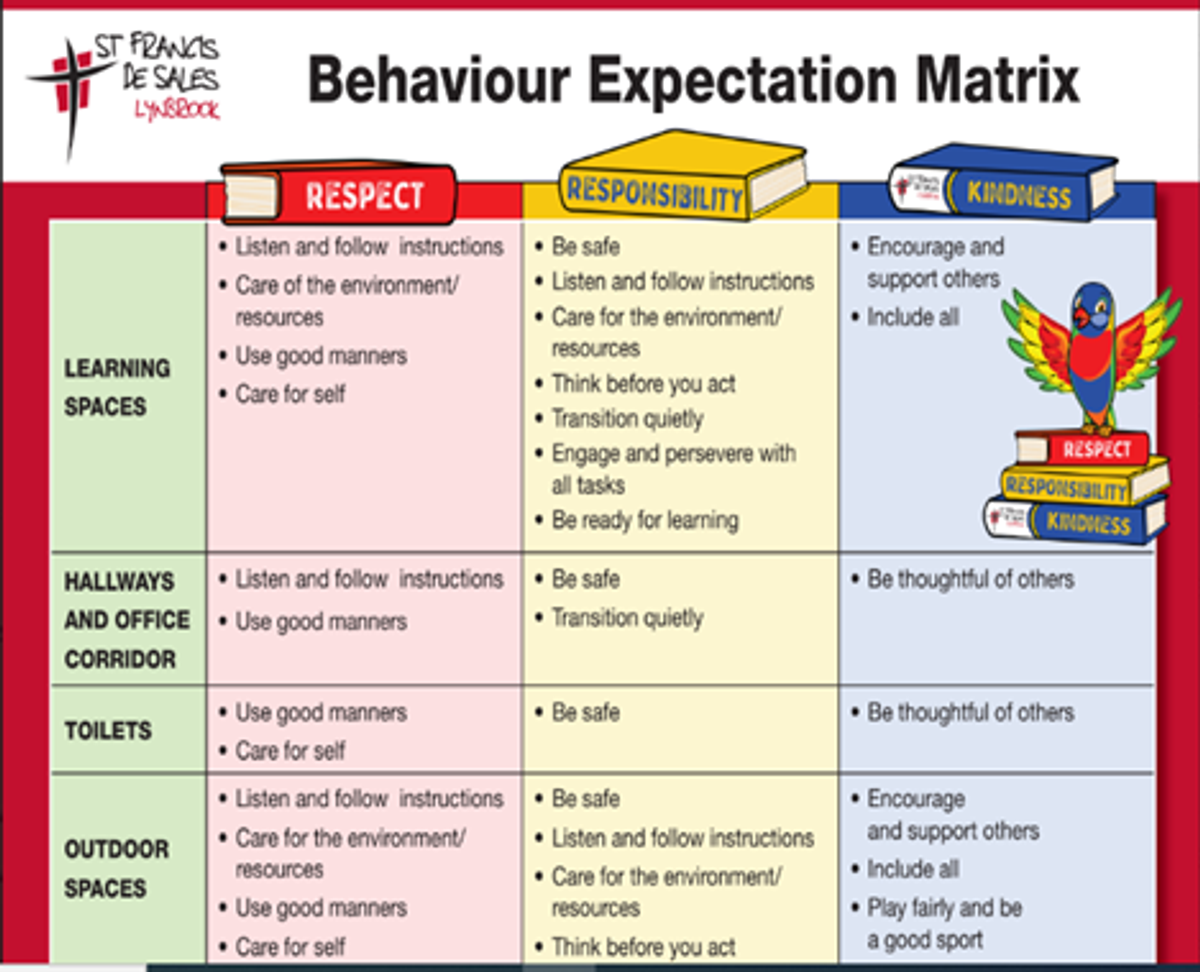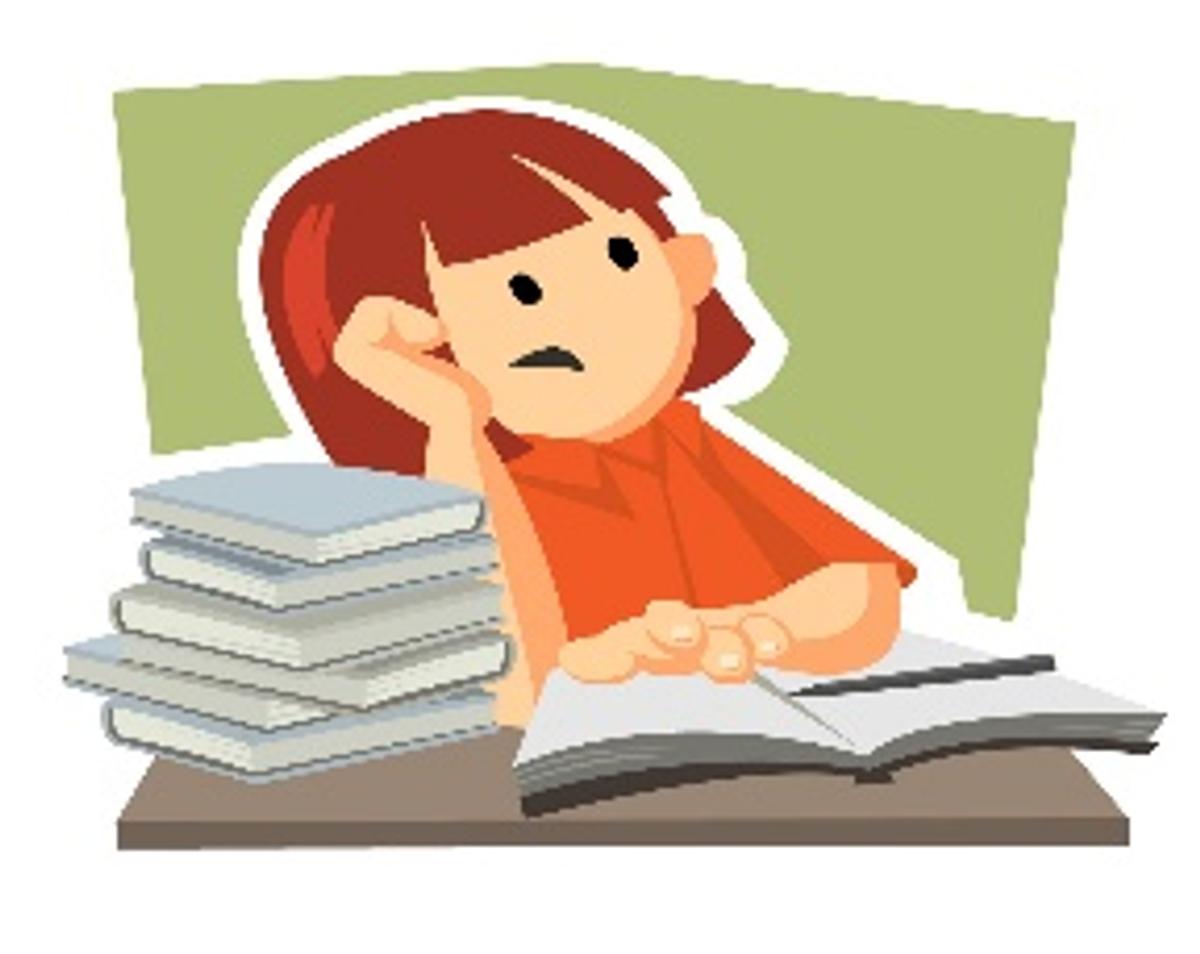Wellbeing
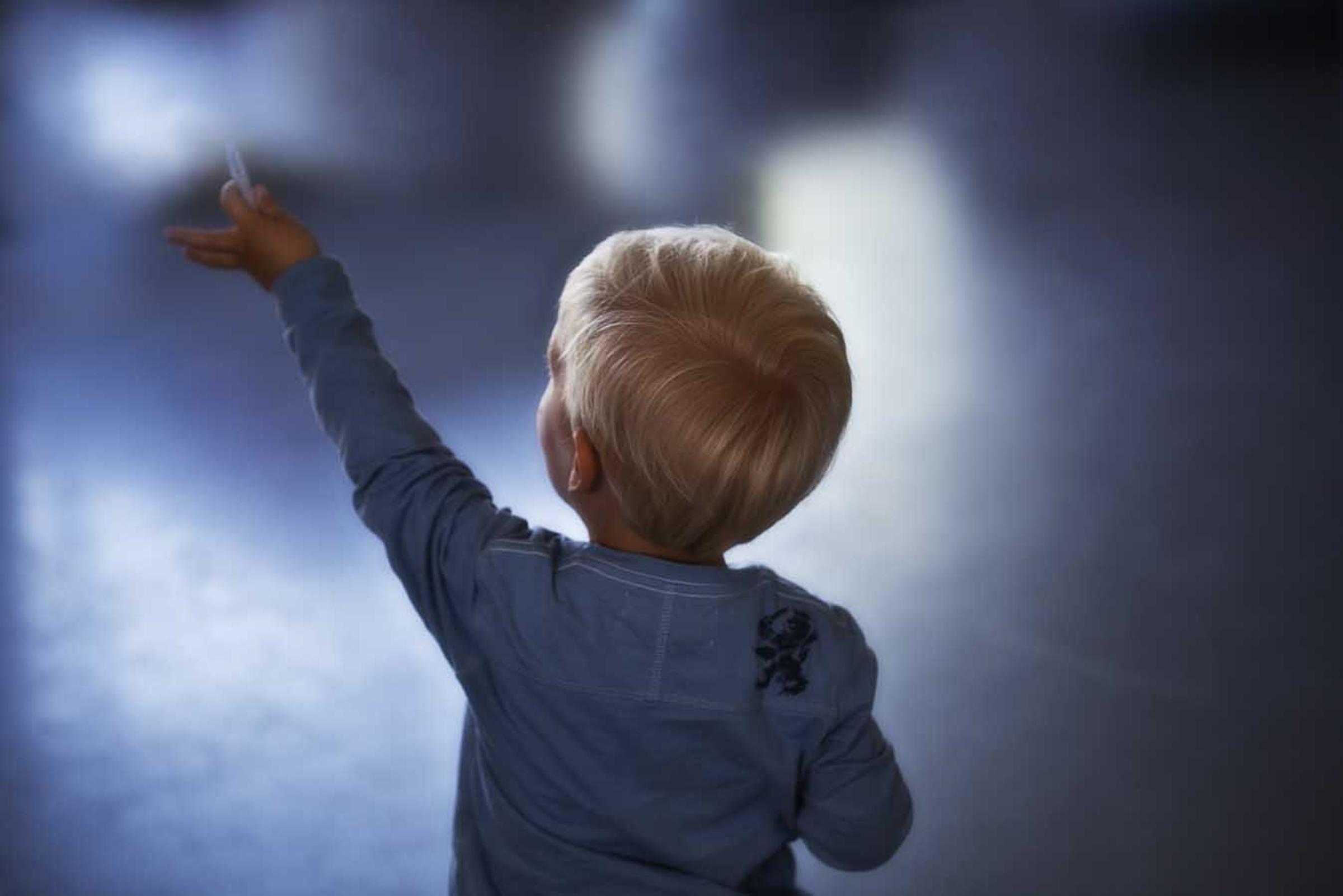
It has come to our attention that some of our students have been viewing anime and ‘Gacha’ based videos on YouTube outside of school hours. This is concerning as the content can become disturbing and touch on adult themes. Although the students have GoGuardian on their devices, which will alert staff if they are typing or viewing inappropriate content, sites are only blocked when the students are on the school network.
Sites, such as YouTube do have age restrictions and it is highly recommended that students use YouTube for Kids which has more restrictions in place on the content students can access and is targeted to what is appropriate for their age group.
Youtube restrictions and age restrictions are turned on when students are at school. The school monitors students with GoGuardian at school and when they are at home. We don't lock anything down or enable restrictions on devices at home. Parents must actively monitor students when they engage in activities online.
It is incredibly important that when the students are on a device at home that they are doing so in a shared area where they can be easily supervised.
The classes have all discussed the strategy of ‘stop, block, tell’ within their cyber safety sessions in Digital Technology but it would be fantastic if this could be discussed at home as well.
Attached below are some links to articles and resources that you can use at home:
Parents Guide: Cyber Safety at Home - Cyber Safety Project
Managing Screen Time - Cyber Safety Project
Family Digital Use Guideline Template
Positive Behaviours for Learning (PBL)
At SFS, our school expectations are:
Respect
Responsibility and
Kindness
This week we have focused on the expectation of RESPECT in the learning space and listen and follow instructions. This focus came from data we collected about the children’s behaviour so far this year.
We have found that some children are demonstrating defiance and not being respectful to others, by not following what they have been asked to do. The junior students have read a book in class this week called The Group Plan. Talking about the group plan helps children know what is expected, and what they think about and do when they are part of a group. When everyone is following the group plan, we are thinking about each other and this makes everyone feel calm and comfortable. In contrast, when people are following their own plan, others have uncomfortable thoughts and feelings.
Students need to become aware that they are part of a group and that the group has a plan. The role of the adult is to label and identify the group plan and to contrast that with following one’s own plan. The senior students have also been learning in SWAP specialists this term about expected and unexpected behaviours and that when we show unexpected behaviours, it not only impacts on the person who is behaving unexpectedly, but also those around them. It impacts on what people think and feel about us and what they do. You might like to talk to your children at home about this and what are your expected behaviours at home.
Harmony Week/Day
We will be celebrating Harmony Week the week beginning Monday 20th March.
The children will be focusing on the message of Harmony week in class during reading and writing, Inquiry and PBL (Positive behaviours for Learning) social skills lesson and circle time.
The message is all about inclusion and celebrating and embracing our Multicultural identity. On Harmony Day, March 21st, the children are encouraged to wear clothes representing their cultural background or wear the colour orange.
Why orange?
This was taken from the Australian Government Department for home affairs website.
“Orange is the colour chosen to represent Harmony Week. Traditionally, orange signifies social communication and meaningful conversations. It also relates to the freedom of ideas and encouragement of mutual respect. Australians can choose to wear something orange during Harmony Week to show their support for cultural diversity and an inclusive Australia”.
Have a conversation with your children about your own cultural background and that of your family. Here are some facts and figures you can use to start the discussion.
Facts and figures
- nearly half (49 per cent) of Australians were born overseas or have at least one parent who was
- we identify with over 300 ancestries
- since 1945, more than 7.5 million people have migrated to Australia
- 85 per cent of Australians agree multiculturalism has been good for Australia
- apart from English, the most common languages spoken in Australia are Mandarin, Arabic, Cantonese, Vietnamese, Italian, Greek, Tagalog/Filipino, Hindi, Spanish and Punjabi
- more than 70 Indigenous languages are spoken in Australia.
These facts are taken from ABS 2016 Census Data. Check out the Australian Bureau of Statistics website.
What to do when your child says “I don’t like school”.
We all want our kids to come to school to learn, have friends and feel happy and safe. As a parent, it is really hard to see our children struggling to come to school or coming home sad about going to school. The following brief article is written by leading parenting expert Dr Justin Coulson from the Happy Families website. It has some helpful tips for parents whose children complain that “school sux”.
“I don’t want to go to school today.”
“My tummy hurts.”
“School is boring!”
“I have a headache.”
“They tease me about how I look.”
“I don’t need to know this stuff, I’m going to be a YouTuber/Twitch Streamer.”
“I already know everything.”
“A small percentage of children really, really like school. The rest experience it with everything ranging from mild indifference to deep disdain. And some kids are, frankly, terrified of it.
School sux less when relationships are solid
Relationships are at the heart of education. In fact they’re at the heart of life. When our children complain that “I don’t have any friends”, or “I hate my teacher”, the stage is set for school to suck.
Autistic kids, kids with ADHD, kids with social anxieties, or kids who are bullied (or just feel lonely) are particularly likely to struggle with relationships. But most children have some level of insecurity about their friendships and other relationships at school. And many of them look to their peers for assurance and security, which isn’t usually going to cut it for them. Children have limited social skills, a generally low level of capacity for validating those around them, and a need to prove themselves in order to create cultural cache.
Dr Gordon Neufeld and Dr Gabor Maté write extensively about the pitfalls of peer orientation in their book, Hold On to Your Kids. When children look to peers for validation of self-worth, they will never be satisfied. Horizontal social networks with only peers of the same age are an unnatural structure. Nowhere else in history or in society are children grouped with others the same age and asked to socialise and work the way children in our society are today. Our kids benefit much more from being embedded in a vertical social network with strong attachments to older caregivers.
Since schools aren’t structured for optimal identity development and psychological growth, the next best thing we can do is build school belonging. Dr Kelly Allen, a researcher at several prominent Victorian universities, has shown that children who feel they belong to the school (through friendships, strong relationships with teachers, involvement with organisations and extra-curricular activities, and a sense of being a part of something) thrive!
There are no easy answers here and I don’t want to sound patronising. As a parent, however, the best thing we can do to help school suck a little less is to help our children feel that they belong. If they feel connected at school – that is, if they feel seen, heard, and valued – they’ll want to be there.
School sux less when kids feel they’re making progress
As humans, we are designed to improve. We’re collectively driven to make things smaller, build things higher, run faster, go further. We have an innate curiosity that leads us to try new things, to progress, to grow. We want to master things. Not every thing. But some thing.
School is supposed to push children to explore learning, to make progress on understanding, and to simulate development and curiosity. Anyone who has spent time at school (including teachers) knows, however, that for some children it feels to them like it was designed to stymie their progress.
These kids are interested in things. Just not the things they’re supposed to be learning at school. Or not in the way they’re being told to learn it. Or not with the people who are trying to help them learn it. Etc. You get the picture?
If your child feels like they’re not progressing; if they feel like it’s all too hard; if your child feels incompetent, a dummy, a loser, an idiot… school will suck.
Learning with a purpose
My Year 9 daughter walked in the door one afternoon and asked “Dad, what’s a surd?” I laughed and said I didn’t know, and then waited for the punchline. There wasn’t one.
“Dad, you’re pretty smart. But you don’t know what a surd is. Neither do any of my teachers except my maths teacher. So why do I have to learn about surds? Surds are stupid!”
While many children are content with learning for learning’s sake, there will be some who complain that school is pointless because they just want to be a tennis player, actress, hairdresser, or tractor driver. Or they’ll be upset because they’re learning things that they’ll never have to know at any point in the remainder of their lives… like surds!
For these kids, it can be beneficial to work with them to identify their purpose in going to school. Maybe they do want to be a tennis player and travel the international circuit, so focusing on their chosen language of French would be useful. Maybe they do want to be an actress, so they need to go to school daily to be involved in rehearsals for the school production. Their purpose doesn’t have to align with what you think the ideal purpose is for going to school, but if they have a reason for getting to school, they’re more likely to find other things they also enjoy once they’re there.
Autonomy in learning
As much as relationships, growth and development, and purpose matter, for me the central element that pulls it all together is choice. Kids who feel controlled – compelled – are likely to push back against that control, particularly when they feel lousy about any of those elements I’ve outlined above.
Clearly children must be educated. And the frustrating reality is that most of us are not able to provide our children with any and every flexible option to help them, like homeschooling, distance education, or a school across town or interstate that offers everything they’ve ever dreamed of doing.
But… the more that our children have a sense of autonomy in their school choices, the more they’ll buy into being there, and the less they’ll complain that it sucks.
Learning is about attitude
There’s one more issue we must address. Attitude.
Attitude is everything.
There are many people who believe that if you send out positive energy into the universe, good things come back to you. While it may sound a bit mystic and magical, it’s supported by a well-understood scientific phenomenon called the Baader-Meinhof phenomenon, or the frequency illusion. If you notice something once, and ascribe meaning to it, suddenly that thing appears to pop up everywhere (like a song that suddenly seems to be playing on every radio). The actual frequency of the event hasn’t changed but our brain is primed to notice it now. Consequently, if your child has noticed something negative about school, their attention is now subconsciously biased to keep noticing similar negative things.
On the flip side, having a positive outlook or optimistic attitude has been linked with better health outcomes and improved quality of life.
Fortunately science has a few ideas on how to increase positivity in our lives:
- Smile. Even fake smiling has been shown to reduce the stress response through a process called biofeedback. Help your child find things to smile or laugh about.
- Visualisation. Positive future thinking has been shown to increase optimism by boosting the expectancy of a good day. Try using the power of visualisation and positive future thinking with your child by describing and imagining their best possible day, one where everything has gone as well as it possibly could. What would that look like? How might that feel?
- Gratitude. Children and teens who participated in an intervention involving writing a letter of gratitude to someone in their lives experienced increased levels of positive affect. Encourage your child to express gratitude.
Attitude can be hard to shift. These ideas may seem superficial and they may not work. But a few years back, another of my daughters was struggling with a move. Our family was in a new city. She was at a new school. And none of the kids felt they fit.
Ella listened to her sisters whine about how hard school was and how horrible the kids were. From the back seat of the car she piped up and said, “Well, I’m just going to keep trying and have a good attitude because having a bad attitude will only make it worse.”
Amazingly, Ella began to thrive. Her attitude changed her experience.
Know when to hold ‘em. Know when to fold ‘em.
Some kids don’t finish school, despite our best efforts to keep them there. As parents, we can feel like failures when they drop out or are disengaged with school. We know that an education is critical to their success.
But school isn’t.
Many people have failed school, only to find their passion later in life, return to university, undertake post-graduate research, and forge great careers (*cough Dr Justin Coulson – that’s me).
Our kids, particularly those in the later years of high school, are constantly being reminded of the importance of the decisions they make now and that their exam results will determine their futures. But it doesn’t have to be true. It certainly wasn’t for me.
What they do need is a reminder that we will support them even if they fail, that there are multiple pathways into any career, and that if they work at what they love, they’ll do just fine.
School isn’t everything
The ideas above are great for making school better - when you can. Sometimes when school sucks though, the best thing you can do is make everything ELSE better.
Make sure they have a good "second set" of friends outside of school, find hobbies that light them up, make sure they have things to look forward to outside of school. School is a massive part of our kids life, but it shouldn't be their WHOLE life.”
If you have any concerns about the wellbeing of your child, please do not hesitate to contact me. rlenko@sfslynbrook.catholic.edu.au
Rachel Lenko
Student wellbeing Leader

